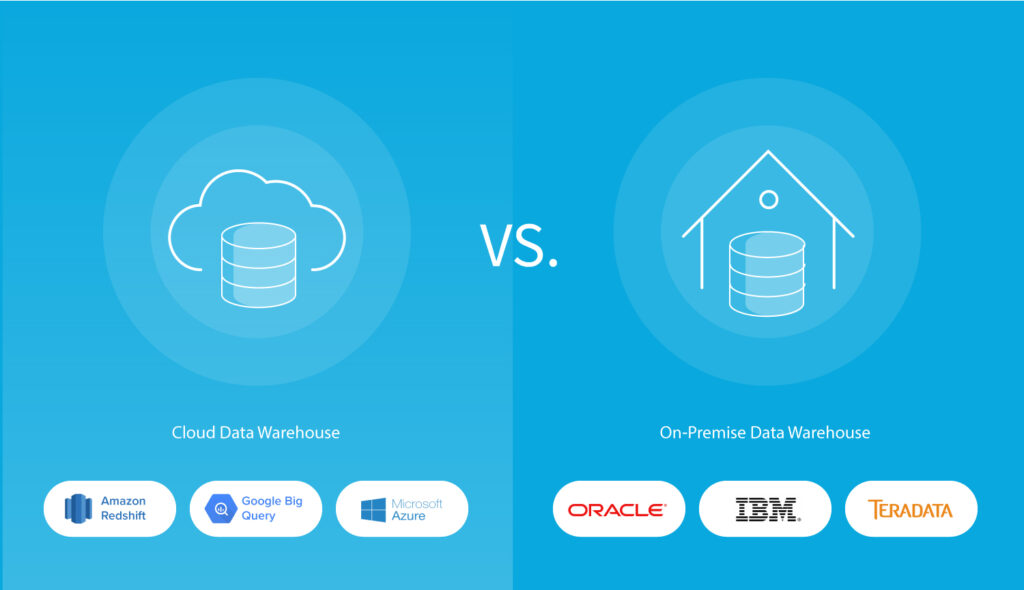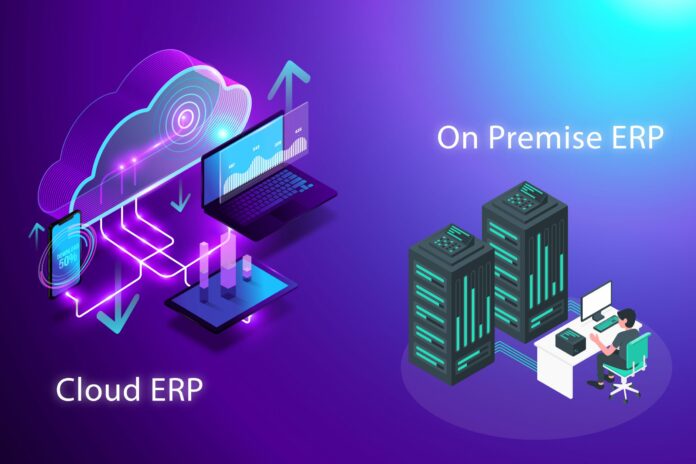The term “on premises,” also known as “on premise,” “on-premises,” or “on-prem,” refers to a method of installing applications. The computer programs are installed directly on the user’s computer via CDs or USB drives with on-prem.
In contrast, with off-premise installation, the installer can be located anywhere on the Internet. On premise (or “on-prem,” as it’s usually abbreviated) software refers to software that runs on hardware that is physically installed on the premises (e.g., in the building), as opposed to software that runs remotely (e.g., in the cloud).
Many businesses choose on premise because it eliminates the need for third-party connectivity, allows owners physical control over server hardware and software, and eliminates the need to pay for access month after month. Many people in the tech world (including many smart people) believe it is right to say “on premise” when referring to software that runs on the hardware installed on the premises for some reason.
Also, the word premises is singular — well, actually, it’s a plurale tantum, which means it’s the same for singular and plural, similar to the word scissors, but you get the idea. Stop using the term “on-premise” to describe hardware that is located inside the house! It is illogical!
On Premise Storage vs Cloud Storage
The primary distinction between cloud and on premise software is where it is stored. Cloud software is stored on the vendor’s server and accessed through a web browser, while on-premise software is installed locally on the company’s computers and servers.

Aside from usability, there is a range of other considerations to consider when deciding, such as software ownership, cost of ownership, software upgrades, and additional resources, including maintenance and implementation.
The Benefits of Cloud Storage
The way the cloud stores data is one of the most important ways it communicates with your business. Unlike an on-premises server with storage, Cloud computing relies on external servers that a third party runs. The ability to store data in servers is a vital feature of any enterprise.
After all, the company’s servers are its lifeblood. They store your data, link your employees, and enable you to communicate with people all over the world. In the past, on-premise servers were your only choice; however, cloud-based servers are now a viable option as well.
Cloud storage is a great choice for many businesses because it offers cost savings and practical advantages such as frequent data backups and the ability to scale quickly. Cloud storage is an excellent choice for your business because it allows you to:
Reduce the workload of IT Personnel:
Your IT workers won’t have to spend time downloading new software fixes or upgrades because your cloud storage will be handled by another organization, freeing up their time for other tasks.
Capital Costs should be Eliminated:
On premise, storage is categorized as a capital cost, while cloud storage is classified as an operating expense. On-premises storage usually necessitates a substantial upfront investment in equipment and installation in the workplace. There is no need for capital investment because cloud storage is handled externally. Instead, businesses can pay a low monthly subscription fee.
Adapt to your Financial Situation:
Organizations pay for cloud storage on a month-by-month basis to help them keep their initial costs down. Many cloud-based storage companies will change their rates to suit your budget, whether you’re scaling up or down. Cloud storage features may also be modified, added, or omitted completely from plans. This degree of adaptability is perfect for businesses who predict change and don’t want to be obligated to pay for services they don’t need.
Backup your Data regularly:
Data backup is much faster in the cloud than it is on-premises servers. Users can rest assured that if their device crashes or their local files are deleted, they can restore their data using cloud-based servers. Your organization will reduce the risk of losing sensitive information by having access to information that would otherwise be lost.
Adapt to your Company’s Requirements:
Cloud storage is designed to grow with you. Do you need a few extra terabytes of data to store more data? With just a few clicks, you can upgrade your contract. Unlike a company’s own servers, which would require new hardware to be installed, cloud-based servers can be easily extended to suit the company’s needs. For fast-growing businesses, this means never thinking about slowing down because the machinery can’t keep up.
The Benefits of On Premise Storage
On-premises storage, unlike cloud storage, depends on infrastructure at your company’s physical location to handle your records. You will be the sole proprietor of the equipment and will be in charge of its lifecycle management.
As you would expect, there are some advantages and disadvantages of using on-premises data storage solutions. Even though cloud storage has become increasingly popular, some businesses still feel that on-premises solutions are the best match for their needs. Many people prefer on-premises solutions and storage because they provide their data with more protection. On-premises storage is a perfect choice for your company because it allows you to:
Operate without the use of the Internet:
One of the biggest advantages of on-premises storage is that users don’t need an internet connection to access data. Although most companies depend on the internet to conduct business, there is still the concern that losing a connection will reduce efficiency and make it difficult to access vital data. On-premises servers offer you an internal network that you can access at any time, regardless of your internet connection.
Lower Internet costs per Month:
You do not need to spend for such a high-speed link if your company does not rely on the internet or cloud-based services. The need for a good link with quick download speeds is even lower for those who have on-premises storage. If you don’t need to use the cloud to view files, you do not need to opt for a more costly internet plan.
Ensure Greater Safety:
Unlike cloud storage, which is more open to third parties and prying eyes, on-premises storage is fully secure. Only approved staff have access to it. Since they do not store data online, on-premises servers are not available from outside the network. On-premises storage may be preferable for organizations that manage confidential data, such as those in the financial sector.
Give you power over your Server’s Hardware:
Some businesses choose to have dedicated servers in their building to manage all of their requirements. Rather than asking a cloud storage provider to update their storage plan or add new functionality, the company will easily do so. Changing the server’s hardware can provide savvy businesses with more versatility and customization for their storage needs.


